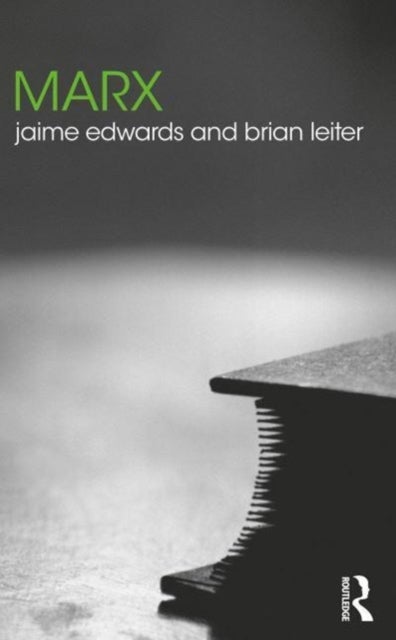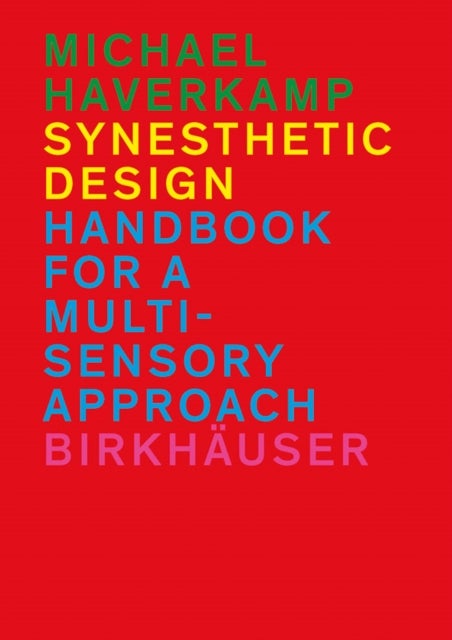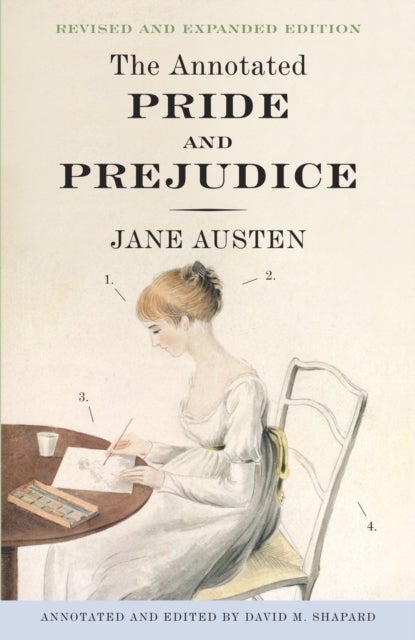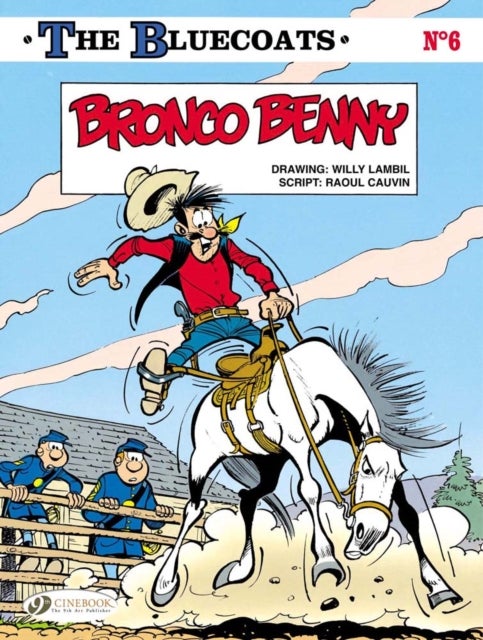
Marx av Jaime Edwards, Brian Leiter
289,-
<P>Karl Marx (1818-1883) was trained as a philosopher and steeped in the thought of Hegel and German idealism, but turned away from philosophy in his mid-twenties towards politics, economics and history. It is for his these subjects Marx is best known and in which his work and ideas shaped the very nature of the nineteenth and twentieth centuries. However, Marx''s engagement with philosophy runs through most of his work, especially in his philosophy of history and in moral and political philosophy.</P><P></P><P>In this outstanding introduction to Marx''s philosophy Brian Leiter and Jaime Anderson begin with an overview of Marx''s life and intellectual development, before examining and assessing the following important topics:</P><P></P><UL><P><LI>Marx''s theory of history: Hegel, dialectics, teleology, materialism</LI><LI>functionalism and the causal explanation of historical change</LI><LI>economics, history and the transition from communism to capitalism</LI><LI>ideology, morality an








